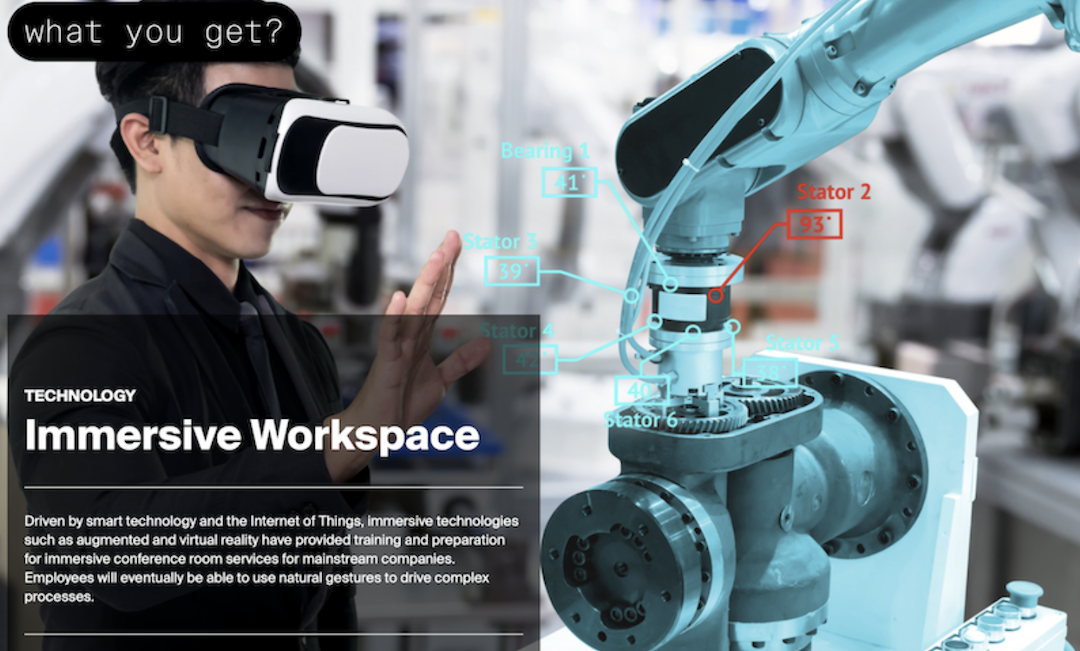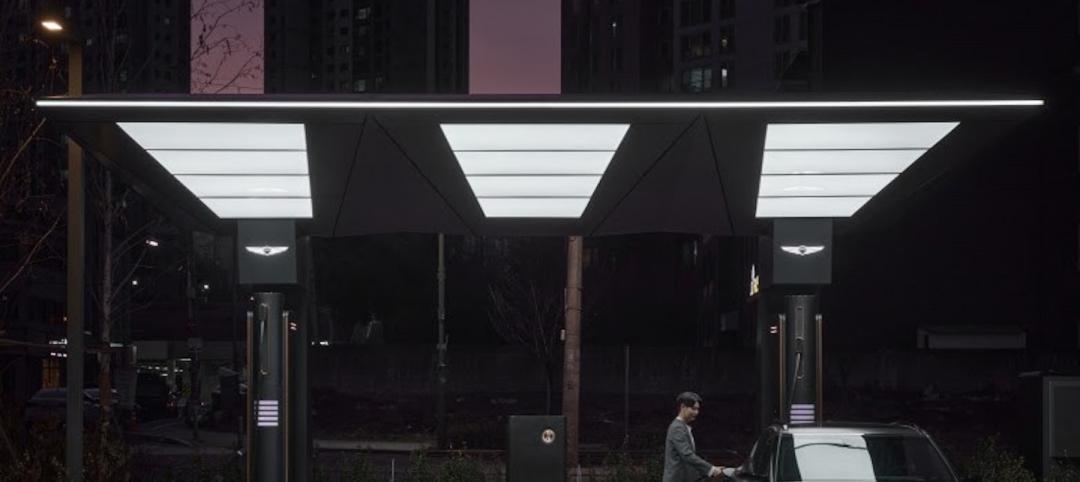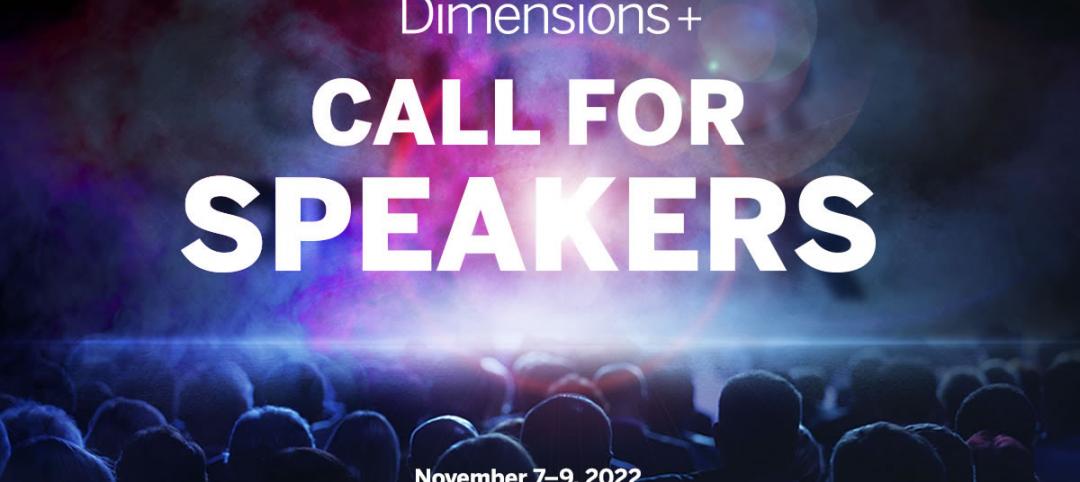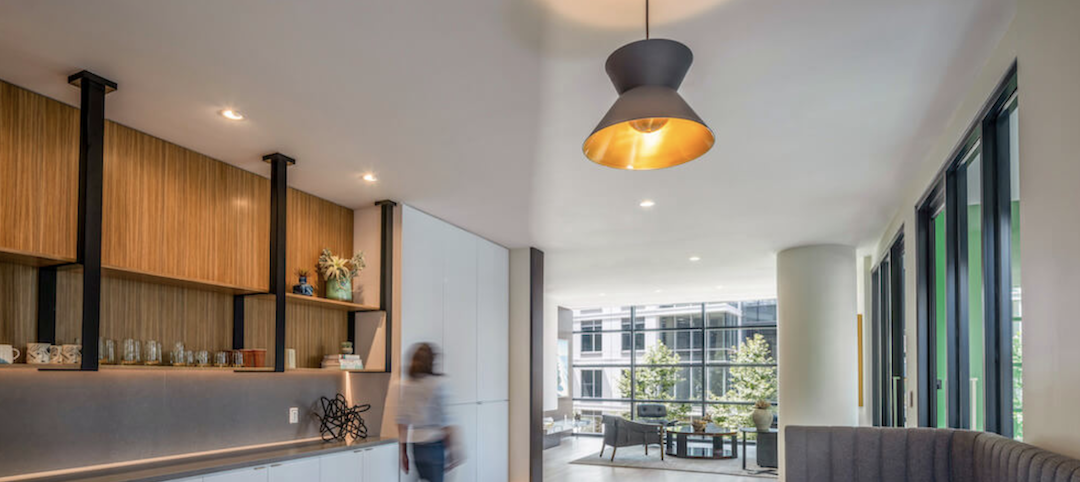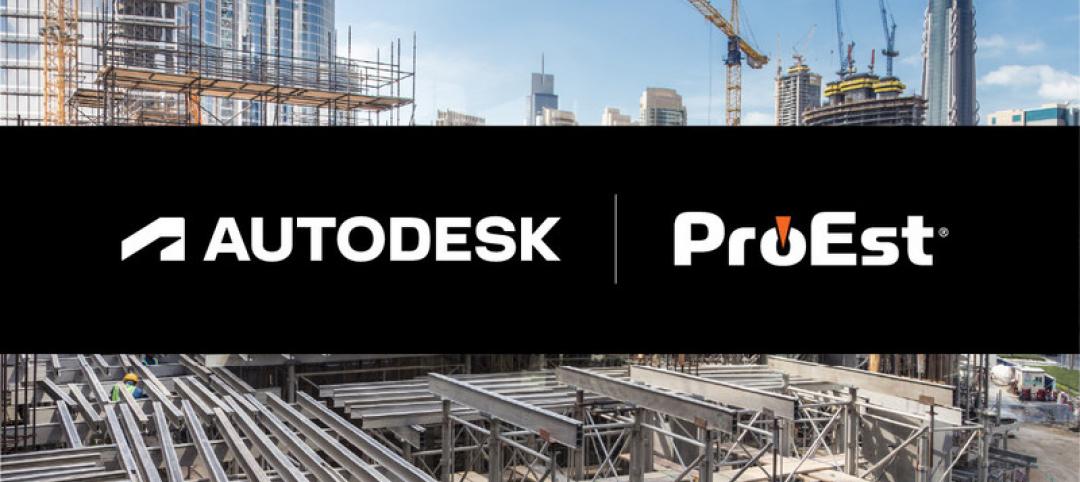Investing in new technologies is always a risk, given the high failure rate of startups and the speed at which even newer technology emerges. This is particularly true of Construction Technology, with literally thousands of products and processes that are applicable to the built environment, and into which more than $1.3 billion in investment capital was poured last year, a 56% increase over 2019, according to CB Insights’ estimates.
How does a buyer determine what will work best for its business, even with technology that has a performance track record?
To sort through the clutter, the Massachusetts Institute of Technology’s Real Estate Innovation Lab (REIL), working with JLL, one of the Lab’s founding partners, has launched Tech Tracker (techtracker.mit.edu), a free online webtool that scouts, analyzes, and predicts the future of technology within the built environment. The tool’s value to the real estate community is its insight into which technology might have the greatest potential impact on the development, management, and configuring of property and space.
MIT has been trying to track ConTech for eight years, the last two-and-a-half years with JLL, which provided a better understanding of what questions about technology real estate professionals need answers to.
“With the pace of innovation, it’s critical to understand what technologies will be coming and their potential impact in the future,” says Ben Breslau, JLL’s Global Chief Research Officer. “For the first time ever, there’s a single place where we can research and understand the pipeline of technologies from inception to the market. This tool allows us to think through the implications on our ability to meet net-zero carbon targets, create dynamic hybrid workplaces, and improve the resilience of our buildings.”
MIT has created a database of more than 200 sources to inform a catalog of technologies impacting the built environment that Tech Tracker users can search, sort, and organize. According to REIL’s website as of Tech Tracker’s September 8th launch date, the tool has a data framework for 257 of 856 ConTech technologies identified. “What we’re tracking is heavy on those [technologies] in lab space,” says Dr. Andrea Chegut, Director of MIT’s REIL, whom BD+C spoke with this morning.
Within this catalog, MIT profiles each technology tracked to detail its overall concept as well as analytics such as impact factors and big data. Profiles of products and processes are sorted into five categories: automation, sustainability, hybrid work, data analysis, and health and well-being. Hypercells—shape-shifting robotics cubes that can morph into elastic skins—would be one example of automation technology. Photovoltaic facades would fall under sustainability, and self-cleaning materials under health and well-being.
“We wanted to break through the noise and hype to analyze the path of technologies—from when they’re a kernel of an idea in an inventor’s brain to when they’re common place in the real estate marketplace,” explains Dr. Chegut. “The Tech Tracker [replaces] gut feelings about what’s ‘hot’ with actual data and machine-learning algorithms. It takes the mystery out of change and simplifies the ever-changing world of technology within the built environment.”
GAUGING TECH’S ‘AWARENESS’
She fashions Tech Tracker as a “knowledge graph” that’s more than an aggregator of information. Tech Tracker assigns rankings to technologies being tracked, based their relative development trajectories and awareness among various industry groups such as analysts or prospective users. As this tracking is conducted in real time, those rankings are subject to change.
At the moment, Tech Tracker ranks 5G first among all technologies, strategies, stages, and momentum. But that technology is actually “cooling down,” meaning that “you should have heard of it already,” explains Dr. Chegut. Conversely, the Internet of Things, Graphene, and Augmented Reality, the third-, fourth-, and fifth-ranked technologies, are “rising fast,” meaning that they’re gaining awareness, based on MIT’s research.
Other technologies within Tech Tracker’s top 10 include virtual reality, photogrammetry, connected home, aramid fibers, exoskeleton, and carbon nanotubes. Smart robotics, which ranks 11th, is “keeping pace.”
TAKING THE LONG VIEW
Getting technology into usable shape for a market that’s ready for it takes time: MIT estimates that it takes an average of 11 years for a tech product or process to go from the lab or inception to research and development; another 7.3 years, on average, from R&D to market; and 21.3 years from market introduction to market standards. A technology’s different stages “aren’t always linear,” either, says Dr. Chegut.
One of Tech Tracker’s filters gauges a product’s awareness via social media, academic theses, and venture capital funding. This awareness quotient is a measure of a technology’s activities or milestones reached, as chronicled by six information platforms: Google News, Twitter, Crunchbase, Google Patent, Google Citation, and MIT Dspace. Dr. Chegut says that as Tech Tracker evolves to find nascent technologies that could impact the built environment, it will naturally expand its information sources.
“So many people come up to me and say this or that technology is a fad,” says Dr. Chegut. “Tech Tracker allows us to start to get a handle on the industry’s R&D.” MIT’s aspiration, she adds, is for real estate professionals to eventually incorporate Tech Tracker into every project proposal they send out, and to use the tool “to be strategic and to look a little bit more longer term.”
Related Stories
AEC Tech | Apr 19, 2022
VDC maturity and the key to driving better, more predictable outcomes
While more stakeholders across the AEC value chain embrace the concept of virtual design and construction, what is driving the vastly different results that organizations achieve? The answer lies within an assessment of VDC maturity.
AEC Tech | Apr 13, 2022
Morphosis designs EV charging station for automaker Genesis
LA-based design and architecture firm Morphosis has partnered with automotive luxury brand Genesis to bring their signature brand and styling, attention-to-detail, and seamless customer experience to the design of Electric Vehicle Charging (EVC) Stations.
AEC Tech | Apr 13, 2022
A robot automates elevator installation
Schindler—which manufactures and installs elevators, escalators, and moving walkways—has created a robot called R.I.S.E. (robotic installation system for elevators) to help install lifts in high-rise buildings.
Hotel Facilities | Apr 12, 2022
A virtual hotel to open in the metaverse
A brand of affordable luxury hotels that launched in 2008, citizenM has announced it will purchase a digital land site in The Sandbox, a virtual game world owned by Animoca Brands.
Modular Building | Mar 31, 2022
Rick Murdock’s dream multifamily housing factory
Modular housing leader Rick Murdock had a vision: Why not use robotic systems to automate the production of affordable modular housing? Now that vision is a reality.
AEC Tech Innovation | Mar 9, 2022
Meet Emerge: WSP USA's new AEC tech incubator
Pooja Jain, WSP’s VP-Strategic Innovation, discusses the pilot programs her firm’s new incubator, Emerge, has initiated with four tech startup companies. Jain speaks with BD+C's John Caulfield about the four AEC tech firms to join Cohort 1 of the firm’s incubator.
AEC Tech | Feb 11, 2022
Trimble Dimensions+ 2022 Call for Speakers Now Open
Trimble has opened its Call for Speakers for the Trimble Dimensions+ 2022 User Conference, which will be held November 7-9 at the Venetian Resort in Las Vegas.
Coronavirus | Jan 20, 2022
Advances and challenges in improving indoor air quality in commercial buildings
Michael Dreidger, CEO of IAQ tech startup Airsset speaks with BD+C's John Caulfield about how building owners and property managers can improve their buildings' air quality.
Architects | Dec 20, 2021
Digital nomads are influencing design
As our spaces continue to adapt to our future needs, we’ll likely see more collaborative, communal zones where people can relax, shop, and work.
AEC Tech | Dec 16, 2021
Autodesk to Acquire Cloud Based Estimating Company ProEst
Autodesk, Inc. is acquiring ProEst, a cloud-based estimating solution that enables construction teams to create estimates, perform digital takeoffs, generate detailed reports and proposals and manage bid-day processes. Autodesk plans to integrate ProEst with Autodesk Construction Cloud, a comprehensive construction management platform connecting teams, data and workflows across the entire building lifecycle.


